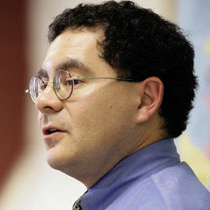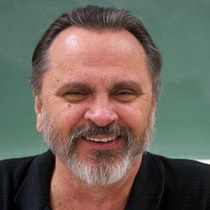TransyPods: Interview with Dr. Martha Billips
Anna Brailow ’17 interviews Professor Martha Billips Listen on Soundcloud Transcript [MUSIC PLAYING] NARRATOR: Welcome to another Campus Conversation, discussions with Transylvania University faculty highlighting their interests, passions, and pursuits. Here is Anna Brailow. ANNA BRAILOW: I’m here with Dr. Martha Billips, and we are talking about Kentucky women. Your work has been published in a collection called Kentucky Women– Their Lives and Times, a work to which 17 scholars have contributed their writing on influential women from across the state. What do you feel is it that makes this work so essential among literature about Kentucky’s history? MARTHA BILLIPS: I do think it is essential. In part, of course, because of the focus on women. But it also has the broad focus chronologically about women from settlement times till the contemporary times. It has a broad cross-section of geography, as the introduction makes clear, from the mountains to the [INAUDIBLE]. So it’s very, very deliberate. And it offers in one place essays on a variety of important women across the Commonwealth, and that is unprecedented. We have only one previous book, interestingly, written by a former Transy professor. [INAUDIBLE] was a Transy professor, Kentucky Women from 1977, I think. So that’s the only other book devoted solely to Kentucky women, a wide assortment. The other reason I think this is important– it’s part of a series on Southern women writers’ lives. And the fact that Kentucky was not represented


